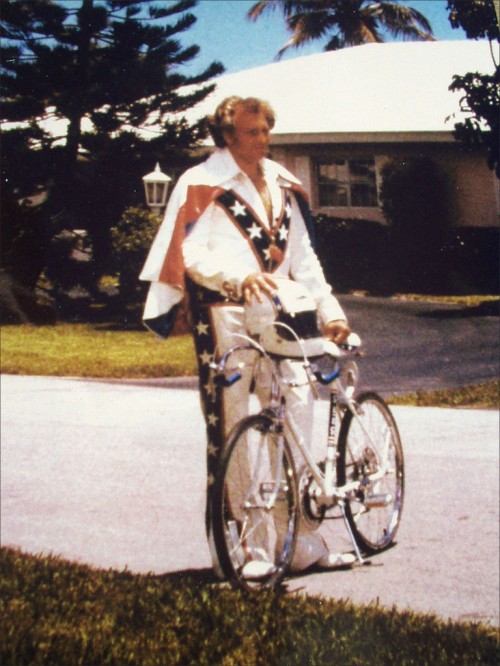Author News
11 foducts 4 the lamily
1. Hobart 2.0, wow, with new web features, etc.
2. Diagram 12.4 is OUT!
3. Joshua Cohen:
The repetitions are, in my mind, linked to the idea that the Internet is conceptually vast, but you end up spending the bulk of your time visiting the same sites again and again (or perhaps this is just my own practice). I’m not especially interested in the variety of the Internet; rather I’m interested in the human experience of the promise of variety, a promise fulfilled only by a similarity or sameness, and the idea that the computer seems to license every option of virtuality, while our own humanity seems limited, or to self-limit, through laziness or shame, to the same thing every day.
7. Disorientation, a reading list, at The Millions:
11. My writing tip of the day: It isn’t done when you think it is done.
5. My Grading Scale for the Fall Semester, Composed Entirely of Samuel Beckett Quotes. (By Matt Bell)


3. What Cohen says about internet venues could also be said about friendship:
Out of seven billion people, most people don’t have more than 5 or so close friends. Do people limit the number of their close friendships out of laziness or shame?
(And even when laziness and shame are parameters in one’s self-limitation of close friendships, are those self-imposed constraints the only effective context?)
I don’t think Cohen is taking the meaning of “variety” in the way that it’s causal. It’s (partly) because there are so many sites where one can hang out that one chooses the ones that one does. Were there a million-fold fewer sites to choose from, one would still only hang out at a handful–but they’d be the same constellation as many more people choose than is the case now.
The causality of “variety” is a matter of the priority of the actual to the potential–that is, of the priority of “variety” to “promise of variety”. Because there are so many choices, you can pick your own hang-outs more flexibly. While it’s true that “variety” is not and doesn’t necessarily represent ‘freedom’, it’s also true that calling ‘too much variety’ a constraint of its own asks of “variety” that it itself do the work, as it were, of “humanity”.
So why only a handful of close friends, or internet hangouts? What’s the effect of “humanity” being limited in each human to a tiny selection of the diversity seemingly on offer in “humanity” as a whole (or generally)?
A person experiences the “promise of variety” in many (all?) aspects of life by way of settling for what’s pleasing (even when that means constantly restlessly being dissatisfied with present circumstances). –so, “a similarity or sameness” of choices over time.
But to notice that is to notice the self-sameness – the self-limitation of plasticity – of each person! That’s not a constraint of opportunity; where there is “variety”, plastic self-limitation is the expression of ‘opportunities’.